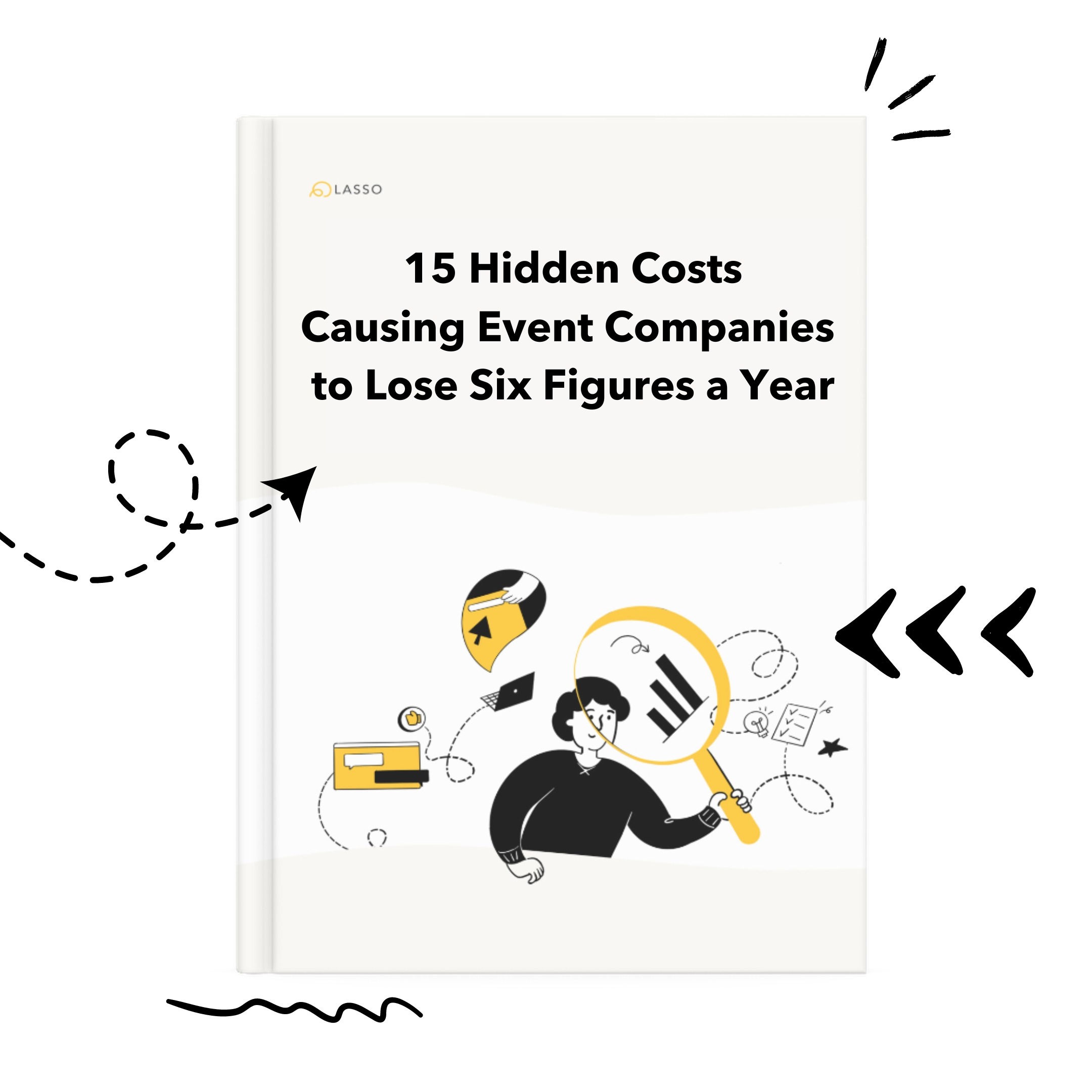Successful event production relies on meticulous preparation and strategic execution. Lead times play a pivotal role in shaping the outcome.
The Reality of Short Timelines
According to the report, a significant one-third of respondents grapple with tight timelines, having only 1-4 weeks of event lead time. This statistic underscores the prevalence of short preparation periods in the event industry. Such constraints have far-reaching implications, impacting logistical planning and resource allocation.
Changes Over the Years
A comparative analysis in our State of the Events Industry report reveals that 52% of respondents currently face less lead time than in previous years. This marks a notable shift from the 2022 statistics where a staggering 92% reported a decrease in lead time. While there has been a gradual improvement, the industry’s tendency toward shorter lead times remains evident. The challenge lies in adapting to varying lead times while ensuring the quality and success of every event. While 1-4 week lead times are still the norm, industry professionals are adapting to the demands of the market, implementing more efficient processes, and exploring innovative solutions to streamline event management.
Prioritizing Speed & Efficiency
In the face of these challenges, the key takeaway is clear: getting in front of the demand is essential. To navigate tight timelines successfully, event professionals need a buttoned-up process that allows for speed and efficiency. Automation becomes a crucial ally in handling repetitive tasks, freeing up valuable time for strategic planning and execution. The emphasis is on being laser-focused, ensuring that every aspect of the event is executed with precision.
Managing High Demand
Tighter turnaround times inevitably strain access to resources that are in high demand. This includes everything from securing popular venues to enlisting skilled event staff. Managing this resource strain requires a strategic approach to resource allocation and a keen understanding of market dynamics. Event planners must navigate the delicate balance of meeting client expectations while working within the constraints of limited time and high demand.
Navigating short lead times requires a proactive and strategic approach. Event professionals can thrive in fast-paced environments by prioritizing preparedness, agility, and thorough planning. Embracing technology and automation can significantly enhance efficiency, allowing teams to meet the demands of tight timelines without compromising quality.
By prioritizing speed, efficiency, and strategic planning, event companies can navigate the fast-paced landscape, ensuring the seamless execution of memorable and impactful events.
LASSO’s 2024 State of the Industry report provides further insights into lead time trends and other dynamics shaping the current events industry environment. Download your free copy today to stay ahead in the ever-evolving event planning landscape.






